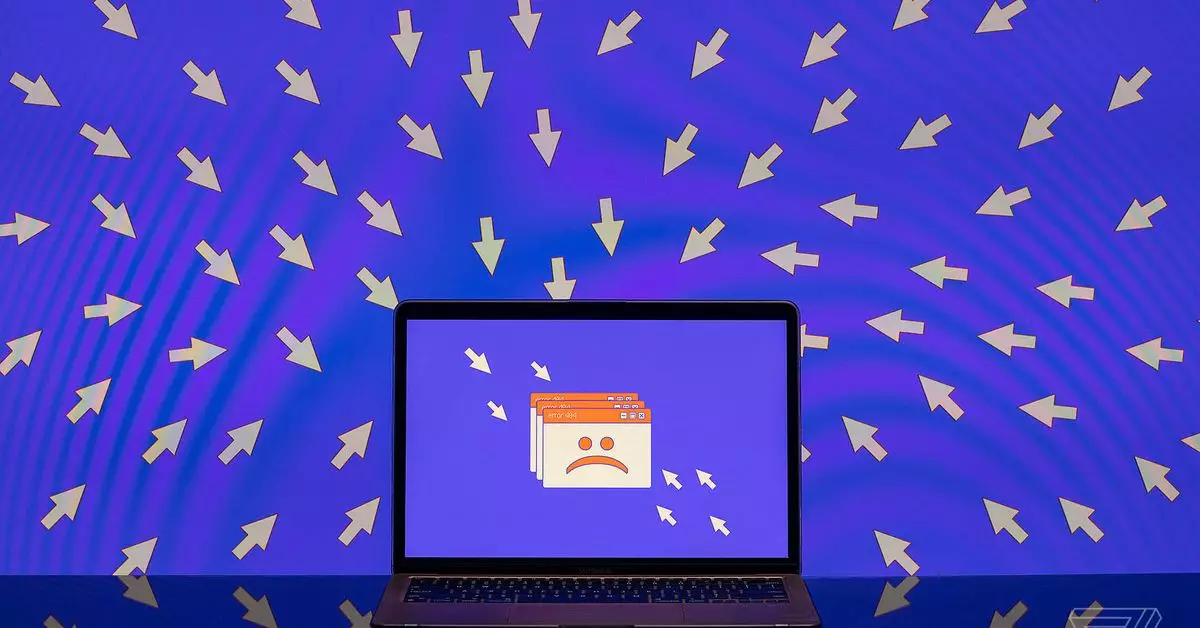Last week, National Public Data (NPD) confirmed that it had experienced a security breach dating back to December of the previous year. Reports indicate that a hacker group known as USDoD advertised a stolen NPD database on the dark web for $3.5 million. The stolen database, containing 2.9 billion lines of data, including sensitive information such as Social Security numbers, has since been posted publicly in various locations.
Exposed Vulnerabilities
In a recent discovery by Krebs On Security, a website nearly identical to NPD, called recordscheck.net, was found to be hosting an archive containing site logins and plaintext source code for some of the site’s tools. This revelation raises concerns about the security measures employed by websites storing large amounts of sensitive data. The exposed source code could potentially allow unauthorized access to consumer records, putting individuals at risk of identity theft and other cybercrimes.
The founder of NPD, Salvatore Verini, was implicated in the data leak when email data belonging to him was discovered in the stolen files. Verini claims that the leaked data pertains to an old website version with non-functional code and assures that the site will be shut down in the near future. However, the extent of the damage caused by the breach remains uncertain, as Verini has refrained from providing further details due to an ongoing investigation.
Following the data leak, several websites claiming to offer searches to determine if individuals’ information is included in the breach have surfaced. Websites like npdbreach.com and npd.pentester.com are requiring users to input personal information such as their name, birth year, and possibly their Social Security number into unknown forms. While these services may seem helpful, they also pose a new threat to user data privacy and security, potentially exposing individuals to additional risks.
The recent cybersecurity breach involving NPD highlights the ever-present dangers of data leaks and the importance of robust security measures to protect sensitive information. As individuals and organizations continue to rely on digital platforms for storing and accessing data, it is crucial to remain vigilant and take proactive steps to safeguard against potential cyber threats. The incident serves as a stark reminder of the need for improved cybersecurity practices and increased awareness of the risks associated with online data storage and sharing.


Leave a Reply